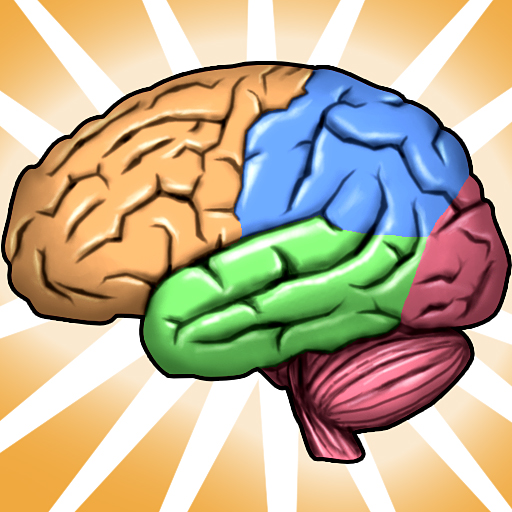Bilingualism slows onset of Alzheimer’s
Learning a new language can indeed be quite a tedious task. But if the conclusion of this study is anything to go by, it seems that all the effort spent memorizing and drilling would eventually be a good trade-off!

Nov 11, 2010
Bilingualism slows onset of Alzheimer’s
Symptoms delayed for those using 2 languages consistently, says study OTTAWA (CANADA):
Speaking two languages can help delay the onset of Alzheimer’s symptoms by as long as five years, a new study has shown.
While researchers carrying out the study stress that bilingualism does not prevent Alzheimer’s or other dementias, it appears to have delayed symptoms such as memory loss, confusion and difficulties with problem-solving and planning.
The study, published in the current issue of Neurology, was done by researchers at the Rotman Research Institute, part of the Baycrest academic health sciences centre in Toronto. Examining the clinical records of 211 Alzheimer’s patients at Baycrest from 2007 to last year, they found that those who spoke two or more languages consistently over many years experienced a delay in the onset of their symptoms by as long as five years.
‘We are not claiming that bilingualism in any way prevents Alzheimer’s or other dementias but it may contribute to cognitive reserve in the brain, which appears to delay the onset of Alzheimer’s symptoms for quite some time,’ said lead investigator Fergus Craik.
The subjects’ brains still showed deterioration from Alzheimer’s regardless of language skills, though speaking two languages appeared to have slowed down the onset of some of the symptoms. There are currently no drug treatments that can delay the symptoms of Alzheimer’s.
The study adds to a growing body of research which shows that multilingualism comes with certain types of improved mental performance and could provide health benefits to Alzheimer’s patients, reported the Australian Broadcasting Corporation (ABC).
In a 2007 study led by Dr Ellen Bialystok of York University, researchers found that bilingual dementia patients experienced a delayed onset of their symptoms compared with monolingual patients.
In an interview with ABC last month, Dr Bialystok said: ‘We have demonstrated in at least two separate studies of several hundred people altogether that – all else being equal – people who have spent their lives speaking two languages are better able to cope with the pathology of Alzheimer’s.
‘They show symptoms of the disease up to four years later than monolinguals. Once the disease starts to destroy areas of the brain, bilinguals are able to keep functioning.’
The longer people have spoken multiple languages, the greater the cognitive effects. There are even benefits when languages were taken up at later ages. ‘We have not seen a cut-off,’ she said.
But bilingualism comes with some cost, experts have said. ‘For bilinguals, there are a couple of milliseconds before you can target the right word in the right language. Bilinguals have more ‘tip-of-the-tongue’ problems,’ said Dr Bialystok.
AGENCE FRANCE-PRESSE
Lead investigator Fergus Craik











